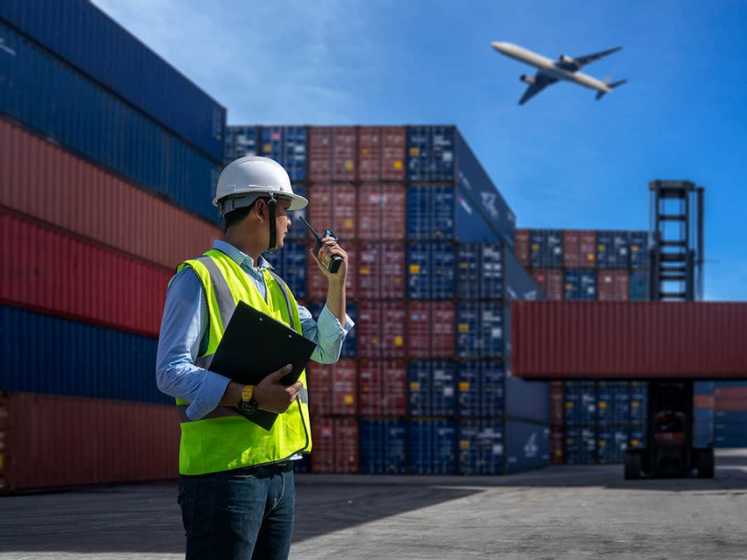 Imports and exports
Imports and exports
In the first year of the UK’s post-Brexit trade deal with the European Union (EU), imports from the EU fell by 25 per cent relative to imports from the rest of the world, new research by academics at the Centre for Economic Performance (CEP) at the London School of Economics and Political Science reveals.
In contrast, there is no evidence of a sustained decline in relative UK exports to the EU after 1 January 2021, when the UK and the EU began trading under the Trade and Cooperation Agreement (TCA).
Nevertheless, the analysis of changes in trade patterns for 1,200 products finds a sharp drop in the number of trade relationships between UK exporters and EU importers, with lower value relationships hit particularly hard. This finding is consistent with claims that the TCA has caused many smaller UK firms to stop exporting to the EU.
The analysis, Unravelling Deep Integration: UK Trade in the Wake of Brexit, published today as a CEP discussion paper, is the most comprehensive study to date of the effects of Brexit on UK-EU trade. It finds that UK trade with the EU, relative to the rest of the world, held stable during the period between the Brexit referendum in 2016 and the end of 2020. Substantial reorientation in the geography of UK trade only occurred after the introduction of the TCA.
Kalina Manova, co-author and professor of economics at UCL, said: “These findings suggest that UK firms did not rush to adjust their trade activity following the referendum, despite dramatically heightened uncertainty about the future UK-EU trade relationship. Once effective trade costs did rise, however, they started to quickly reorganise their global input sourcing away from the EU while seemingly more gradually adjusting their export sales."
Thomas Sampson, co-author and associate professor of economics at LSE, said: “The Trade and Cooperation Agreement has increased trade costs, leading to a fall in imports from the EU and reducing the number of products exported to the EU by UK traders. These changes make the UK a harder place to do business.”
Rebecca Freeman, co-author and associate of the CEP’s trade programme, said: “Although it is surprising that imports were hit harder than exports during the first year of the TCA, it would be a mistake to conclude that exporters were unaffected. The number of export relationships with the EU fell sharply in 2021.”
Thomas Prayer, co-author and PhD student at the University of Cambridge, emphasised: "The drop in the number of products the UK exported to its smallest European partners following the introduction of the TCA is remarkable. It appears the UK simply stopped selling a lot of products to smaller countries in the EU."
The authors note that their work analyses the first year of trade under the TCA after Brexit, and does not capture long-term effects.
Future research is needed to address the question of whether Brexit has indirectly affected the UK’s trade with the rest of the world, and how Brexit has affected trade in services.
Read the full discussion paper here: Unravelling Deep Integration: UK Trade in the Wake of Brexit.